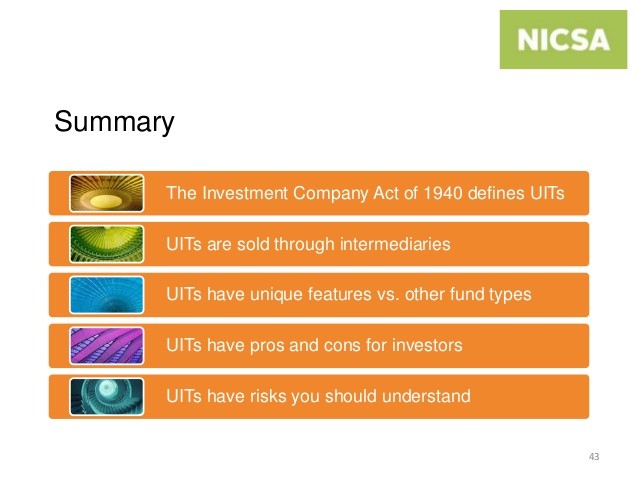General Risks of Investing in Unit Trust Funds
Post on: 16 Март, 2015 No Comment

General Risks of Investing in Unit Trust Funds
Any investment carries with it an element of risk. Therefore, prior to making an investment, prospective investors should consider the following risk factors.
- Returns Not Guaranteed
Investors should be aware that by investing in a unit trust fund, there is no guarantee of any income distribution, returns or capital appreciation.
Any purchase of securities will involve some element of market risk. Hence, a unit trust fund may be prone to changing market conditions as a result of:
In addition, the following risk factors should also be considered:
There are many specific risks which apply to the individual security. Some examples include the possibility of a company defaulting on the repayment of the coupon and/or principal of its debentures, and the implications of a companys credit rating being downgraded.
Liquidity risk can be defined as the ease with which a security can be sold at or near its fair value depending on the volume traded in the market.
Inflation rate risk is the risk of potential loss in the purchasing power of your investment due to a general increase of consumer prices.

If a loan is obtained to finance the purchases of units of any unit trust fund, investors will need to understand that:
This refers to the current and prospective risk to the unit trust fund and the investors interest arising from non-conformance with laws, rules, regulations, prescribed practices and internal policies and procedures by the manager.
The performance of any unit trust funds is dependent amongst others on the experience, knowledge, expertise and investment techniques/process adopted by the manager and any lack of the above would have an adverse impact on the funds performance thereby working to the detriment of Unit holders.














